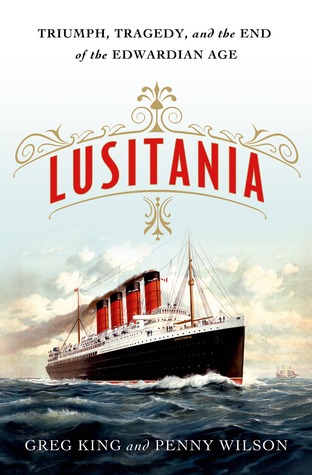
Title: Rebel Cinderella: From Rags to Riches to Radical, the Epic Journey of Rose Pastor Stokes
Author: Adam Hochschild. Read by Lisa Flanagan
Publishing Info: HMH Audio, 2020. Original, Houghton Mifflin Harcourt, 2020. 320 pages.
Publisher's Blurb:
Rose Pastor arrived in
New York City in 1903, a Jewish refugee from Russia who had worked in
cigar factories since the age of eleven. Two years later, she captured
headlines across the globe when she married James Graham Phelps Stokes,
scion of one of the legendary 400 families of New York high society.
Together, this unusual couple joined the burgeoning Socialist Party and,
over the next dozen years, moved among the liveliest group of activists
and dreamers this country has ever seen. Their friends and houseguests
included Emma Goldman, Big Bill Haywood, Eugene V. Debs, John Reed,
Margaret Sanger, Jack London, and W.E.B. Du Bois. Rose stirred audiences
to tears and led strikes of restaurant waiters and garment workers. She
campaigned alongside the country’s earliest feminists to publicly defy
laws against distributing information about birth control, earning her
notoriety as “one of the dangerous influences of the country” from
President Woodrow Wilson. But in a way no one foresaw, her too-short
life would end in the same abject poverty with which it began.
By a master of narrative nonfiction, Rebel Cinderella unearths the rich, overlooked life of a social justice campaigner who was truly ahead of her time.
My Review:
I found this a fascinating look into a bit of American history that doesn't get talked about much in your school classes. The story of Rose Pastor Stokes' life is pretty amazing, but for me the real value of the book lies in the context, which is pretty well presented. In essence, the story becomes the history of socialism in America, with the pluses and negatives of both sides--socialism and the fierce anti-socialist--clearly expressed.
Actually, I would say that the author is fairly sympathetic to the cause of socialism, while reporting the ways in which the movement went off track. The Russian Revolution clearly presented a special challenge to the movement, though it was WWI that truly derailed the socialist cause.
The character of Rose Pastor Stokes is interesting, and it is clear that her work with the union movement, rights for workers, and the need for safe working conditions was significant (and, as usual, overlooked in the history we studied in school). The narration by Lisa Flanagan was professional and transparent--it doesn't make the book, but nor does it mar it.
My Recommendation:
This is well worth a read to understand more fully the history of socialism, and the goals of same. It's worth knowing the extremes our nation went to to suppress socialist views, which were considered inimical to the war effort, during and after WWI.
FTC Disclosure: I checked Rebel Cinderella out of my library, and received nothing from the writer or publisher for my honest review. The opinions expressed are my own and those of no one else. I am disclosing this in accordance with the Federal Trade Commission's 16 CFR, Part 255: "Guides Concerning the Use of Endorsements and Testimonials in Advertising."
















